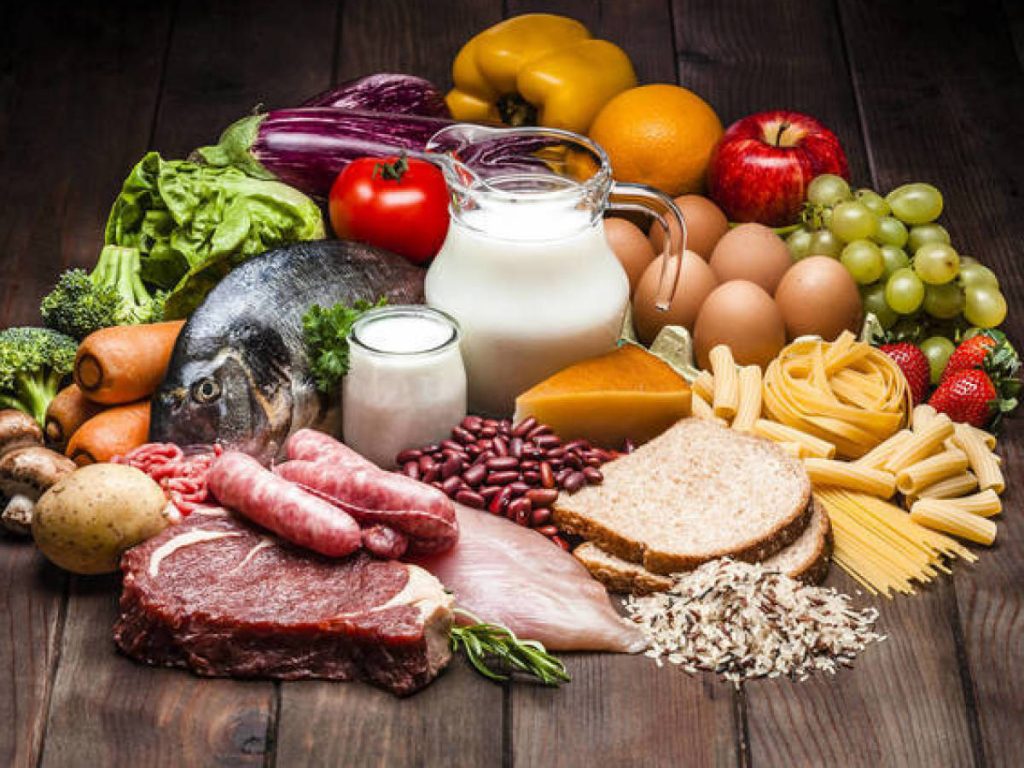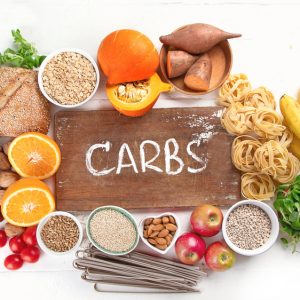Nowadays, the new generations have been inclined for years towards sport and especially weight training. For this reason, it is very important to find out what workouts should be done, what I should eat or how to know what protein is, what it is for and what its protein functions are in our body.

The three main nutrients to build and carry out a healthy diet and with the aim of gaining or conserving muscle mass are carbohydrates (pasta, rice, potatoes), good fats (nuts, almonds, cheese) and proteins (chicken, salmon, beef).
Today we will talk and inform about proteins as we have said before, within these nutrients there are two types, those of animal origin and those of plant origin.
Proteins are so effective and thanks to it we obtain so many positive results that we can also ingest them as a sports supplement both before training, after training and at night before resting and starting the process of synthesis of protein. protein. Below we will inform you about its real definition, what it is composed of and what its functions are, if you want to know how they can help you gain muscle mass, I recommend that you continue reading this article.
Protein definition
Proteins are organic molecules formed, like carbohydrates and lipids by carbon, hydrogen and oxygen. But proteins have the peculiarity of also containing nitrogen in their composition. These are made up of chains of amino acids, specifically 20 amino acids, both essential and non-essential.
The feeding of this nutrient together with an intense and well-executed training helps to increase muscle mass effectively and considerably, this occurs at night when the body is at rest, it is at the moment when the body starts the process of protein synthesis in which the body increases muscle mass.

If you want to know what type of protein you should consume depending on the moment or sport visit the article:
| Depending on your level of workout, protein needs may vary. For an athlete seeking an increase in muscle mass, they are approximately 2 – 6 grams per kilo of weight. This will also depend on the sport we do.
It is important to know the percentage of protein in foods. In order to estimate your protein supplement needs. In addition, it is essential to maintain anabolism to have a regular and homogeneous intake throughout the day. Approximately every 3-4 hours. Indeed, after this time without protein intake, the body can cause catabolism to begin. The body will not have the raw material to rebuild muscle. |
Maximum quality, different types and how we can obtain the protein
Protein are nutrients found mainly in meats and foods from the dairy group. Of the group of vegetables, legumes are the ones that contain the most protein. Protein intake is necessary for the amino acids (aa) they provide and nitrogen. Its sources of obtaining can be of animal origin or of vegetable origin, of animal origin we can find them in: meat, fish, eggs and dairy. On the other hand, those of vegetable origin are found in: legumes, soybeans and nuts. The main difference between proteins of vegetable origin and those of animal origin is that they do not contain vitamin B12, so in the case of doing any type of vegan or vegetarian diet you should consume vitamin B12 as a sports supplement.
By consuming vitamin B12 you get higher levels of strength, endurance and greater help to grow muscle mass.
There are two types of amino acids, essential and non-essential. Essentials cannot be manufactured by the body and therefore must be ingested in the diet, while non-essentials are synthesized in the body from carbohydrates and lipids at times. The quality of proteins is determined by their content of essential amino acids. Egg white contains 100% quality as it contains all the essential amino acids. In vegetables, some essential amino acid is usually scarce and therefore its quality decreases.
The quality of protein determines the amount of protein needed daily. If most of the ingested proteins are of high quality, the need will be less, the daily intake considerations of 12-15% of the total Kcal, are considered medium quality proteins.
The highest quality is found in meat, eggs, milk and derivatives. Legumes, cereals and vegetables have low protein quality, so in some cases, such as vegetarians, they may need to carry out protein supplementation. The caloric intake of proteins is equal to that of carbohydrates, that is, 4 kcal / g.
For more information about amino acids visit the article:
| This extra protein increase can be achieved without problems through of the diet. However, recent research confirms that strength sports require an increase in protein intake up to 2-2.2 g / kg weight / day. Thanks to this, these supplements play a very important role in supplementing the proteins in the diet. Now, if its use does not respect daily dose and exceeds the limits, it can produce toxicity to our body and damage our health.
Therefore, this type of supplement helps rigorously, beneficially and effectively in strength sports. As already mentioned before, generally an athlete, even if they do not perform a strength sport, needs an increase in protein intake compared to a sedentary individual who only performs light activity. More than generating new proteins, this extra supply of amino acids plays a fundamental and very important role in muscle turnover. Protein catabolism is altered during the practice of many sports and this requires an increase in protein intake. Also sports where trauma is experienced (judo, karate, rugby, taekwondo) need that extra contribution in proteins to restore damaged tissue structures. In most of these cases, the diet can provide that extra contribution, in case amino acids are not a great help. These supplements are free of fat and cholesterol, making them a great alternative to supplement the diet. Always bearing in mind that this supplementation is carried out under nutritional control. |
Function of proteins
The protein fulfills diverse functions (structural, contractile proteins, anal membrane, antibodies, energetic). During digestion, amino acid chains are broken in the stomach and small intestine together with the pancreas until obtaining oligopeptides, tripeptides, dipeptides and isolated amino acids by the action of gastric, pancreatic and intestinal proteases.

The enterocyte (intestinal spithelial cells responsible for absorbing nutrients and transporting water). In addition to using amino acids for energy and cell turnover, it processes peptides down to amino acids that pass into the bloodstream. From where they go to the liver, which is the distributor of those amino acids and regulator in the event that there is a lack or excess of protein.
All this does not mean that you should consume little protein, you should consume what is necessary, which is usually quite a lot due to the strong workouts and the great daily activity that most of us who practice sports tend to have.
You can not train trying to progress in the load of the exercises and trying to lift the maximum weight possible in addition to trying to apply the maximum intensity to the exercises only having consumed a can of tuna, you must go to train having consumed carbohydrates of quality such as rice, a source of good fats such as nuts and protein of the highest quality such as eggs and egg whites.
To increase muscle mass and get quality muscle, you should consume quality protein and here we find foods such as: beef, salmon, eggs, chicken, turkey, fasting, bream, milk etc …
But there are times when we need a greater contribution of this nutrient and the ideal is to resort to sports supplementation, here we will find different types of protein and everything necessary to continue progressing and will help us increase and conserve muscle.
To learn more about the different types of protein in terms of sports supplementation visit the following article:
| WHEY: Its particularity is that it is composed of the amino acids that are more easily assimilated and usable by the digestive system. We digest them quickly and they trigger an accelerated increase in muscle anabolism. It also has a high BCAA content. CASEIN:contrary to whey, it is a very slow digesting protein that has a powerful anti-catabolic action. It guarantees the progressive arrival of amino acids for more than 8 hours without interruption, thus limiting the breakdown of muscle proteins. It is usually taken at bedtime for its release of amino acids. OVALBUMIN: SOY: |

